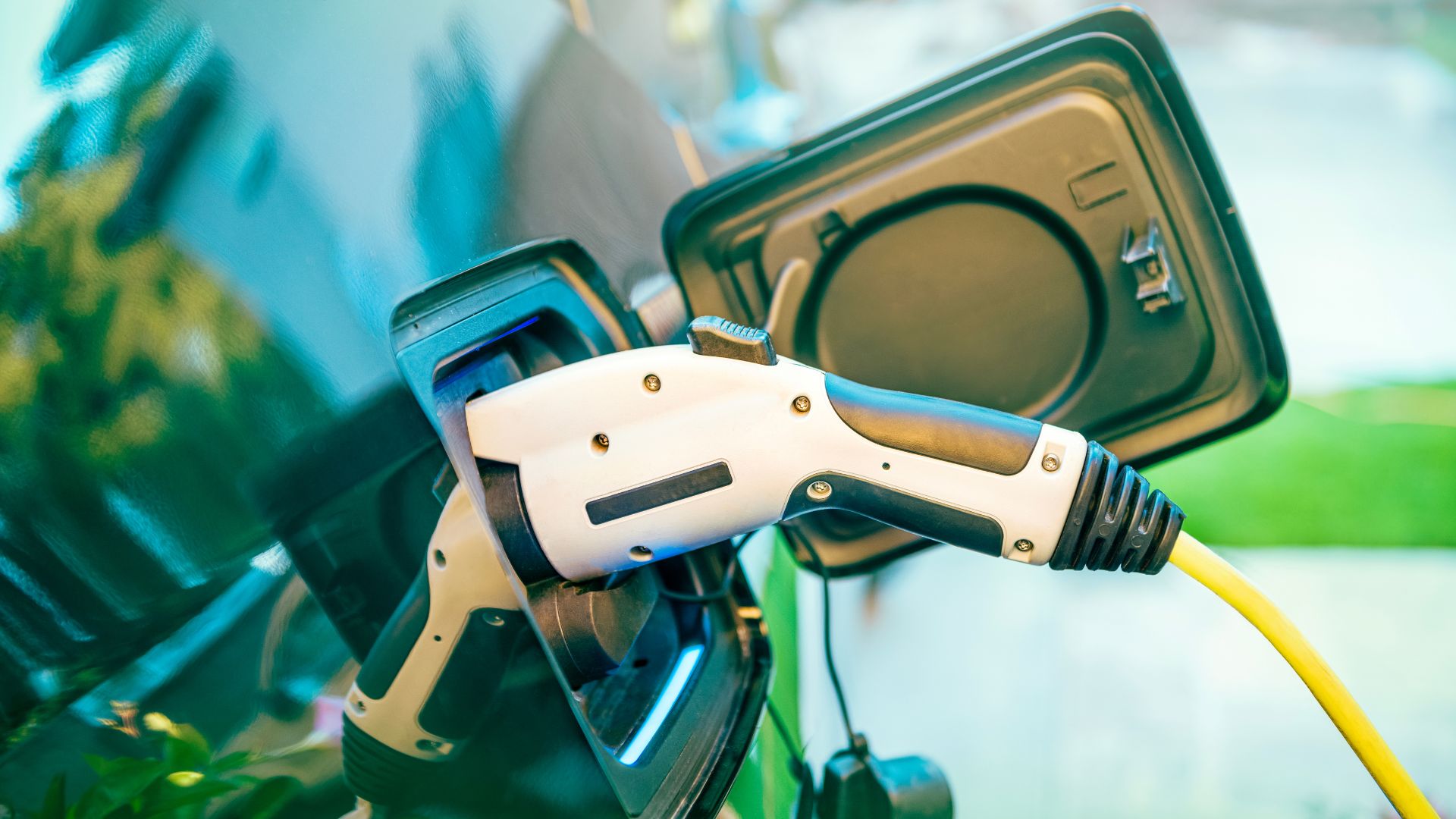South Korea's industrial strength spans chemicals, electronics, automotive, and consumer goods, but a shift is underway. Regulatory pressure, investor expectations, and supply chain demands are pushing companies beyond compliance—toward measurable sustainability. South Korea’s Sustainability transformation is no longer optional; it is essential for business continuity, competitiveness, and market expansion.
The question for South Korean manufacturers and exporters is not if but how fast they can adapt. The companies that lead will shape global supply chains. Those who hesitate risk exclusion from high-value markets, increased operational costs, and reputational damage.
Why South Korean Companies Must Act Now
1. Tightening Regulations: Trade Access Depends on Compliance
Global regulatory frameworks are moving from voluntary reporting to mandatory enforcement. South Korea’s K-REACH already requires chemical substance registration and risk assessment. But external regulations will dictate trade viability:
- The EU’s Corporate Sustainability Reporting Directive (CSRD) requires European companies to disclose LCA data and environmental impact.
- Carbon Border Adjustment Mechanism (CBAM): High-carbon imports into the EU will face additional costs. Korean steel, battery, and semiconductor exporters are directly affected.
- China’s Circular Economy Mandates: South Korean firms supplying raw materials to China will encounter strict EcoDesign and chemical safety requirements.
Regulatory alignment is no longer about avoiding fines—it determines who can sell, where, and at what cost. As South Korea’s Sustainability policies evolve, companies that proactively adopt best practices will gain a competitive edge.
2. Chemical Safety: A Direct Business Risk
South Korea’s chemical sector is one of the most advanced globally, yet hazardous material leaks and mismanagement incidents persist. Beyond regulatory penalties, such failures disrupt operations, erode investor trust, and increase insurance premiums.
A single misstep—such as failing to disclose Persistent Organic Pollutants (POPs) or incorrectly labeling a Substance of Very High Concern (SVHC)—can result in:
- Product recalls affecting global supply contracts
- Trade bans in regions with stringent chemical regulations
- Litigation and brand damage affecting long-term partnerships
The transition is clear: leading companies are moving from reactive compliance to proactive chemical risk assessment, integrating LCA from the earliest stages of R&D. As part of South Korea’s Sustainability shift, businesses must embed chemical safety into their core operations to mitigate risks and unlock long-term growth.
3. The Data Challenge: Why LCA Implementation Stalls
South Korean businesses acknowledge the need for LCA, but most struggle with execution. The core challenges are data collection and standardization.
LCA requires granular insights into emissions, energy consumption, water use, and material toxicity—not just for a company’s operations but across entire supply chains. The gaps are significant:
- 60% of suppliers fail to provide complete LCA disclosures due to lack of resources (KITA, 2024)
- Cross-border regulatory inconsistencies force exporters to manage multiple compliance frameworks, increasing costs
- Lack of internal expertise means companies rely on outdated lifecycle data, leading to inaccurate assessments
Without a digitized, AI-enhanced approach to LCA, companies risk being caught in regulatory non-compliance or making poor sustainability investment decisions.
What Global Leaders Are Doing Differently
Multinational corporations have embedded LCA and EcoDesign into product development, procurement, and reporting to remain competitive. South Korean companies must look beyond domestic practices and adopt these global benchmarks:
✅ BMW’s Circular Economy Strategy:
The automaker integrates LCA data at the concept stage, ensuring every component can be reused or recycled. This approach cuts manufacturing costs and future-proofs compliance with upcoming sustainability laws.
✅ Apple’s Low-Carbon Supply Chain:
Apple dictates sustainability standards across its network by tracking supplier emissions through LCA tools. Companies failing to meet thresholds are excluded from contracts.
✅ BASF’s AI-Driven LCA Assessments:
BASF automates material impact evaluations to identify safer chemical alternatives—accelerating product development while staying ahead of evolving chemical safety laws.
Korean companies that rely solely on domestic benchmarks will fall behind. Those that integrate global best practices will drive market access, investment, and supply chain preference.
The Business Case for LCA and EcoDesign in South Korea
The misconception that sustainability is an expense is fading. Data-driven, strategically implemented LCA and EcoDesign reduce costs, mitigate risks, and unlock growth opportunities.
📉 Cost Reduction Through Smart Material Choices:
LG Chem’s LCA-driven material selection reduced supply chain emissions by 20%, cutting logistics costs by optimizing weight and packaging.
🌍 Stronger Positioning in Global Supply Chains:
Samsung SDI’s EcoDesign compliance secured long-term contracts with European automakers, providing stability amid increasing trade restrictions.
📊 Access to Sustainable Finance & Investment:
ESG-focused investors prioritize companies with transparent LCA data. Firms with robust chemical safety and sustainability frameworks attract premium valuations.
Next Steps for Korean Businesses
📌 Conduct an LCA Maturity Assessment
- Audit existing data collection capabilities.
- Identify supply chain gaps and regulatory blind spots.
📌 Digitize Chemical Safety & EcoDesign Workflows
- Implement AI-driven LCA assessments
- Integrate supplier sustainability tracking
📌 Benchmark Against Global Best Practices
- Engage international sustainability consultants
- Align with EU, US, and Chinese compliance frameworks
📌 Develop a Sustainability-First Product Roadmap
- Phase out non-compliant chemicals
- Prioritize materials with lower lifecycle impact
Final Thought: The Cost of Inaction
Korean businesses face a critical inflection point. The shift from compliance to strategic sustainability is irreversible. The companies that act decisively will lead supply chains, secure investment, and define industry standards. Those that delay will struggle with regulatory constraints, increased costs, and market exclusion.
The question is not whether to adopt LCA and EcoDesign—but whether your company will lead or lag in the transition.
Talk to One of Our Experts
Get in touch today to find out about how Evalueserve can help you improve your processes, making you better, faster and more efficient.


